will not be altered after being recorded on the QB. As QC and quantum communication theory has advanced in recent
years, more academics have turned their attention to QB exploration. QB Technologies has launched an ambitious
research, development, and investment programme in the fast-paced Blockchain Technology field, including
cryptocurrency mining and other sophisticated blockchain applications. Quantum's research and development will be
focused on cryptography, combining the most sophisticated implementation techniques and functions with quantum
computing technologies and AI deep learning to provide a new and innovative perspective on blockchain technology.
The cryptocurrency business began to increase, with a market capitalization of $90 billion last month. Whatever
happens next, cryptocurrencies will play an increasingly significant role in the world financial sector. The most
challenging aspect of digital cash is ensuring that everybody uses it legitimately. Moreover, it appears that blockchain
technology offers a promising alternative. This ensures honesty by employing cryptographic algorithms commonly
considered impenetrable, barring brute force assaults. In this paper [10], the authors examined recent breakthroughs
in QB and briefly discussed its benefits over the traditional blockchain. The QB's architecture and structure are
discussed. Integrating quantum technology into a specific area of the broader blockchain is then shown.
Furthermore, the benefits of QB over the traditional blockchain are discussed, as well as its future development
potential. This paper [10] demonstrates that time entanglement, rather than spatial entanglement, offers a critical
quantum benefit. All of the system's constituent parts have been experimentally realized. Additionally, our encoding
approach can potentially influence the past in a non-classical way. The paper [11] explores the fundamental problems,
hazards, and benefits of putting these technologies into practice from a future perspective. We wrap up our study with
an overview of the field's significant gaps, methodological issues, and suggestions for future research.
A blockchain is a distributed hyperledger that is cryptographically safeguarded from harmful changes. While
blockchain systems promise a broad array of applications, they rely on digital certificates, which are susceptible to
quantum computer assaults. Although to a lesser degree, the same holds for cryptographic algorithms used to prepare
new blocks, implying that parties having access to quantum processing may have a square edge in obtaining mining
rewards. Researchers [12] present an exploratory implementation of a quantum-safe blockchain platform for cognitive
person identification that leverages quantum key distribution via an urban fibre network as a viable answer to the
quantum era blockchain dilemma. The existing research developments on quantum computing, quantum-safe
computing, or post-quantum cryptography, which are essential to quantum connections, are discussed in this paper
[13], as well as the benefits involved, constraints, future breakthroughs, and research issues related to quantum
technologies, as drones, and their systems. This research also includes constructing a categorization system for
quantum-related disciplines depending on the rationale of their comprehension and study of each of these disciplines.
This chapter [14] surveys the topic of blockchain systems. The existing systems' security is predicated on
computational outcome expectancy, and many mainstream encryption methods are susceptible to the arrival of full-
fledged quantum systems. The authors [15] of this study proposed a unique negotiating process to set the authenticity
of a block and allocate a new block in the blockchain infrastructure. Mediation processes based on an expanded
probability environment are used to achieve block verification and allocation. A unique QB system is suggested in
this study [16] to improve blockchain safety. First, the authors offered a description of QB and discussed its
development. In particular, the benefits are outlined in this paper. Second, we created a new cryptocurrency called
quantum coin based on the quantum no-cloning theorem. Furthermore, we build a unique QB method using quantum
entanglement and DPoS.
A brief overview of quantum cryptography and the blockchain system is provided in the paper [17]. The foundation
and inspiration for fast and secure online communications network-based methods are discussed. The concept is
briefly described to develop a network-based data exchange application using QB technology. QB technology's
primary purpose in transmitting data is to create long-term fast, stable network connectivity.
3. Importance of Quantum Blockchain for Healthcare
Insurance companies and digitally recorded healthcare datasets can assist society in reducing the healthcare
ecosystem's high degree of complexity and cost. The general data protection legislation gives data owners the right to
know how their data is maintained and used. Nevertheless, healthcare data is transmitted over an open channel, namely
the Internet, allowing hackers to carry out nefarious actions such as breaching sensitive data, altering stored data, etc.
As a result, maintaining the security and anonymity of participants is a problematic issue for traditional medical
systems [18]. Blockchain has evolved as a platform that enhances today's healthcare system's efficiency while ensuring
all parties' privacy and security. The authors [19] examine several security architectures used to safeguard health
records and implement QC to the typical encryption system in this article, which is inspired by these findings. Then,
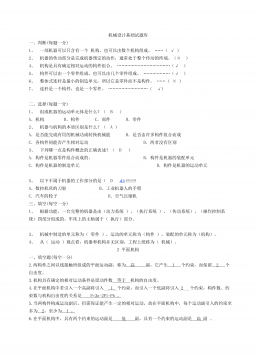
 2024-11-15 27
2024-11-15 27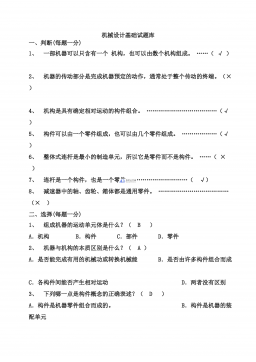
 2024-11-15 16
2024-11-15 16
 2025-04-07 11
2025-04-07 11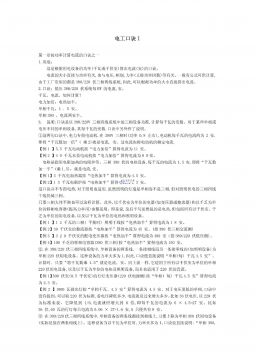
 2025-04-07 7
2025-04-07 7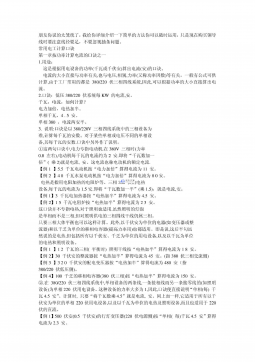
 2025-04-07 11
2025-04-07 11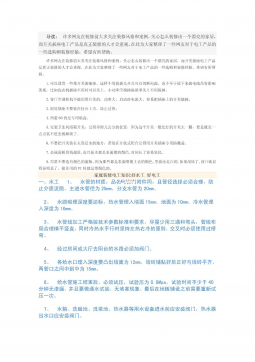
 2025-04-07 7
2025-04-07 7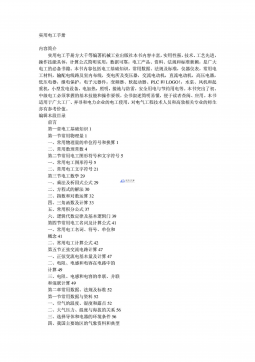
 2025-04-07 8
2025-04-07 8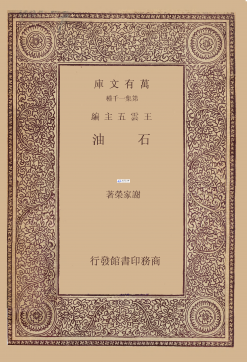
 2025-04-07 6
2025-04-07 6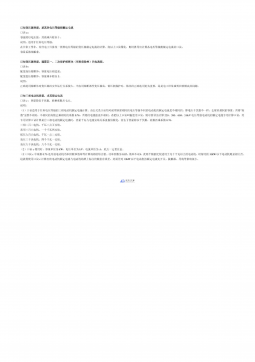
 2025-04-07 8
2025-04-07 8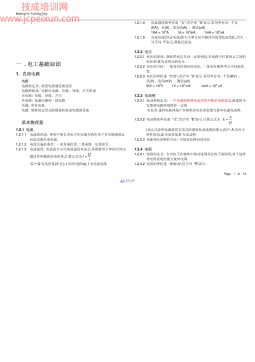
 2025-04-07 11
2025-04-07 11
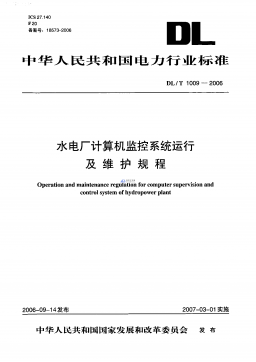
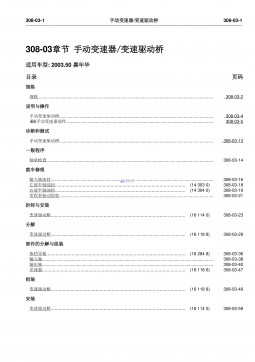
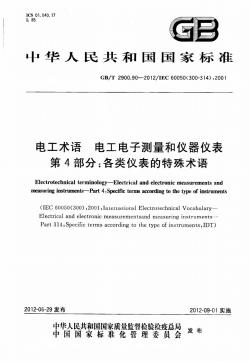



 渝公网安备50010702506394
渝公网安备50010702506394
